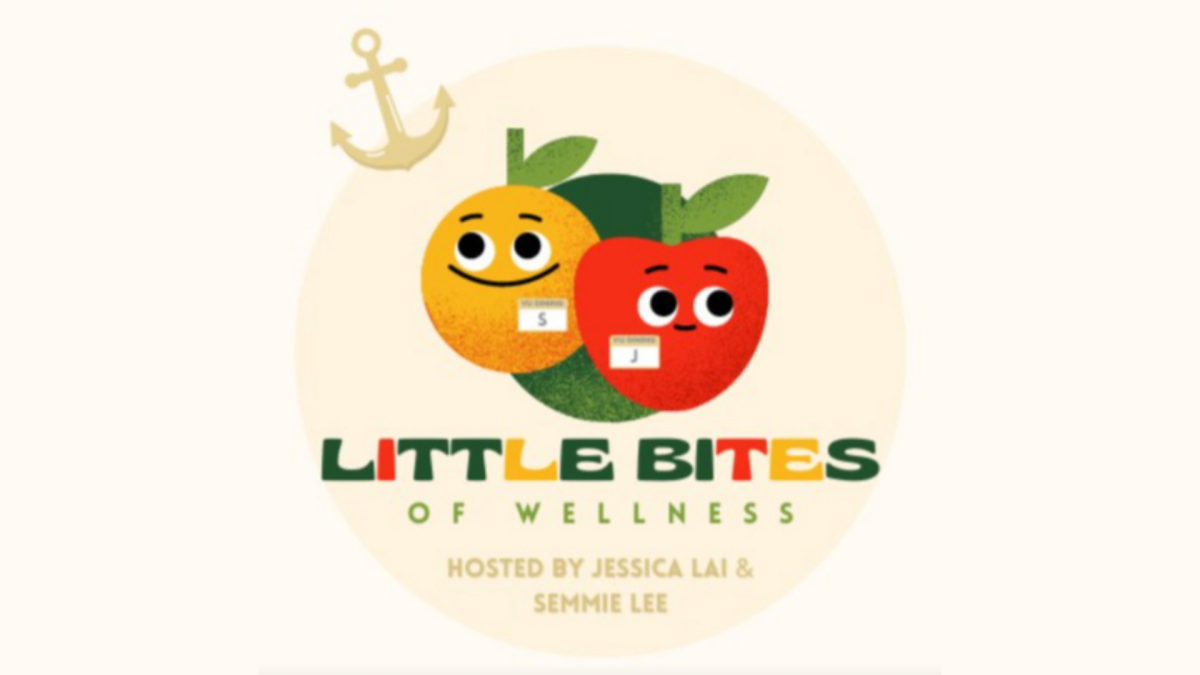It has been covered time and time again that COVID-19 has largely affected the quality of campus dining. Long wait times, lack of food and lack of variety are at the top of the student complaint list, but what about the invisible nutrition label that comes with your Rand to-go box? Nourishing your body is important to keep grinding through grueling exams, but some students are unable to do so, running into roadblocks with religious and other dietary restrictions.
“Fed is best” refers to a movement led by parents and healthcare professionals who aim to reduce the stigma surrounding pumping and formula, since, at the end of the day, infants need to be fed, whether they’re breastfed or not. That saying is applicable to adults as well—food is nourishment for the body and mind. If your busy schedule doesn’t allow you to sit down for a meal, consider packing some snacks to enjoy between classes—those 24-hour Stevenson library study sessions will be much more successful if your body has had at least some nourishment.
Various Munchie Marts on campus have good snacks like fresh fruits, granola bars and yogurt that can be purchased with a meal swipe. Maybe stop by Suzie’s Café, which is growing in popularity for its great grab-and-go options, such as fruit cups, breakfast wraps and coffee to get that caffeine boost before your early morning calculus class. Breakfast is the most important meal of the day, after all. It’s also crucial to drink a good amount of water, as dehydration can lead to unclear thinking and lack of energy. Fill up your emotional support water bottle and drink up.
When it comes to both meals and snacks, Vanderbilt Campus Dining has a website—NetNutrition—that helps students build healthy meals, view the nutritional content on daily dining hall offerings and find meals that meet their dietary needs. You can even use NetNutrition as a meal-planning guide by browsing the available food, adding the desired portions of each item, and viewing the nutritional information until you have reached your desired meal. NetNutrition can also be helpful for students with specific allergens, food intolerances or diets such as vegetarian, vegan and Halal. NetNutrition offers a list of filters to find meals that meet certain dietary needs such as dairy-free, organic and even locally-raised.

(Hunter Long)
“As a vegetarian, Vanderbilt has plenty of options for me to find a fulfilling meal on the meal plan,” sophomore Ginny Moss said. “Campus Dining does a good job of ensuring protein options like tofu and meat substitutes at spots like 2301 and Kissam Kitchen.”
Though this resource does aid students in their dining experience, the disclaimers and functionality of NetNutrition are nowhere near perfect. The site mentions that they do not separate ingredients based on their allergens and that students are required to bring their necessary medications at all times. “Please be advised that manufacturers may change their formulations without our knowledge, or other factors may occur beyond our reasonable control that may also alter the formulations of the food we serve,” (NetNutrition). Vanderbilt dissociates from any responsibility they may have in terms of food restrictions, even if it means life or death for some students.
NetNutrition also goes down … relatively often. In cases like these, students who rely on the site are left to walk to dining halls, not knowing what they are serving or if they can even eat there. Vanderbilt provides two email addresses to contact, disabilityservices@vanderbilt.edu and dietitian@vanderbilt.edu for students with dietary needs, but no phone number for more immediate contact.
While Vanderbilt has taken steps to provide a more inclusive dining experience, some students feel that Vanderbilt is prioritizing convenience over student needs. Grins Café is the only Kosher-certified dining facility on campus, and other dining halls offer fairly limited Kosher options.
“My diet has been poor in protein and I sometimes am stuck eating tofu and vegan chicken. The sheer amount of soy I consume is definitely not good and my mom always complains about it,” sophomore Dylan Makain, who keeps Kosher, said. “Places like 2301 do a good job of offering Beyond Meat but sometimes I’ll go to dining halls that will have literally no protein for me. I’ve grown to hate tofu and soy products, leaving me pretty hungry at certain dining halls. While there are always alternative options like cereal, it is obviously unhealthy and not real food for most meals.”
Limited options have also forced students to eat off campus more often, even though the meal plan is required for all students who live on campus—thus leaving students with several unused meal swipes at the end of the week that they’ve already paid for but can’t use. These students must then choose between paying extra for off-campus food or breaking their religious practices by eating on campus.
“Out of the nearly 15 percent of Vandy students that are Jewish, only 5 percent keep Kosher, including myself,” Makani said. “Honestly, Vandy promotes secularization of its students, and the fact that there are no literally no Kosher food options pushes many Jewish students away from coming here, especially more religious ones.”
In order to succeed at a top-tier university such as Vanderbilt, healthy and accessible dining habits are crucial for students. We can all agree that fed is best, but Campus Dining still has work to do to ensure that all students can adopt this mantra.













